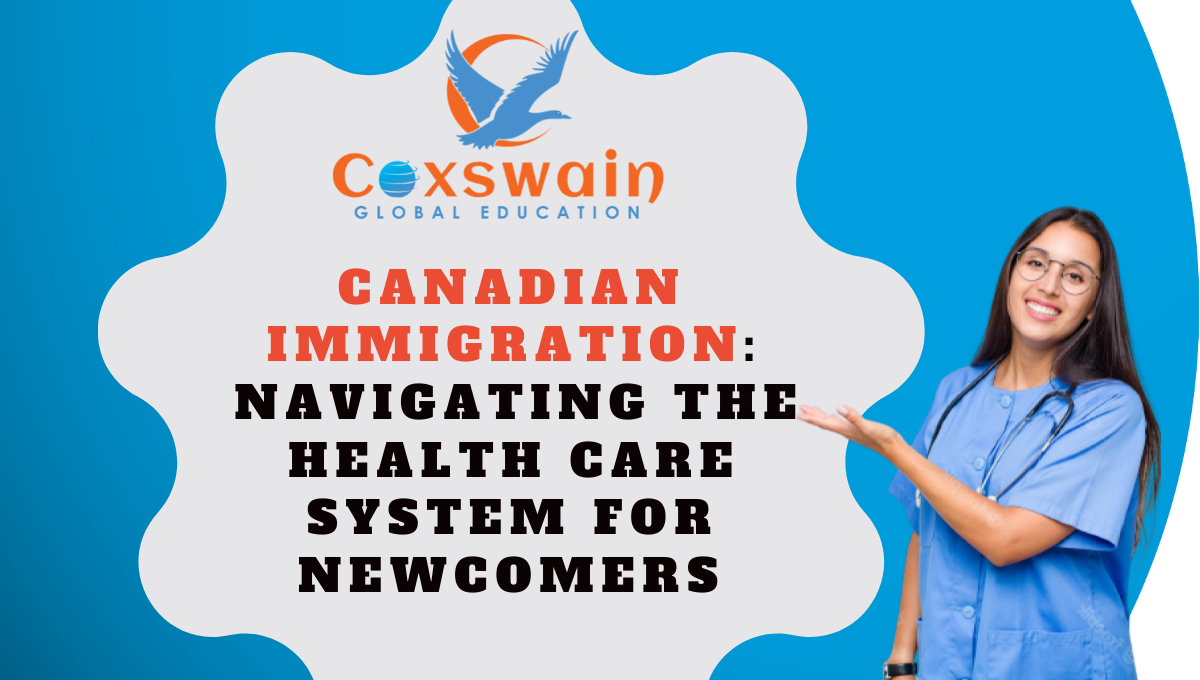As a country known for its welcoming nature and high quality of life, Canada has become a sought-after destination for immigrants from all corners of the world. One of the key aspects newcomers need to understand when moving to Canada is the country’s healthcare system. With its universal coverage and emphasis on accessible care, Canada’s healthcare system plays a vital role in ensuring the well-being of its residents. In this blog post, we’ll delve into what newcomers can expect and need to know about Canada’s healthcare system.
Understanding Universal Health Care
Canada’s healthcare system is publicly funded and provides universal coverage to all Canadian citizens and permanent residents. This means that essential medical services, including doctor visits, hospital stays, and necessary medical procedures, are covered by the government. The goal is to ensure that all residents have equal access to healthcare, regardless of their financial situation.
Enrollment and Coverage
When newcomers arrive in Canada, they need to apply for a health card, also known as a provincial or territorial health insurance card. Each province and territory manages its own healthcare system, so the process may vary slightly depending on where you settle. Generally, newcomers need to provide proof of their immigration status, residency, and other documentation to apply for a health card. It’s important to note that there might be a waiting period before new immigrants become eligible for healthcare coverage. During this waiting period, it’s recommended to have private health insurance to cover any medical expenses that may arise.
Primary Care Physicians
In Canada’s healthcare system, primary care physicians (family doctors or general practitioners) play a crucial role as the first point of contact for medical care. Newcomers should actively seek out a primary care physician to establish a relationship and ensure ongoing access to healthcare services. Primary care doctors can provide routine check-ups, referrals to specialists, and manage chronic conditions.
Access to Specialists
While primary care physicians handle a wide range of health concerns, specialists are often needed for more complex medical issues. In Canada, specialists such as cardiologists, dermatologists, and surgeons operate within the healthcare system and are accessible through referrals from primary care physicians. It’s important to note that wait times for specialist appointments can vary, and urgency is prioritized based on medical need.
Emergency Care
Canada’s healthcare system provides emergency care to all residents, regardless of their health insurance status. Hospitals across the country offer emergency services for critical medical situations. It’s important to note that non-urgent conditions are best addressed through primary care, as emergency rooms are reserved for life-threatening cases.
Prescription Medications
Prescription medications are not universally covered under Canada’s healthcare system. The cost of medications varies depending on the province or territory and the individual’s health coverage. Some provinces offer prescription drug plans for specific demographics, such as seniors or low-income individuals. Private insurance plans or employer benefits often cover prescription medications for many Canadians.
Maternity and Child Care
Newcomers who are expecting a child can access maternity care and delivery services through Canada’s healthcare system. Prenatal care, hospital stays for childbirth, and postnatal care are typically covered. Additionally, child vaccination programs and well-baby check-ups are provided to ensure the health and well-being of infants and children.
Mental Health Support
Mental health is a priority in Canada’s healthcare system. Newcomers experiencing mental health challenges can seek assistance from primary care physicians or mental health professionals. Many provinces and territories offer mental health resources, counseling services, and helplines to provide support and guidance.
Cultural Sensitivity
Canada’s diverse population means that healthcare providers are accustomed to working with individuals from various cultural backgrounds. However, newcomers are encouraged to communicate their preferences and concerns to ensure that their healthcare experience aligns with their needs and beliefs. Language interpretation services are often available to facilitate effective communication between patients and healthcare providers.
Conclusion
For newcomers to Canada, understanding the healthcare system is an essential part of settling into their new life. Canada’s commitment to providing universal coverage ensures that residents have access to essential medical services, promoting overall well-being. By enrolling in the provincial or territorial health insurance program, establishing relationships with primary care physicians, and staying informed about available services, newcomers can navigate the healthcare landscape with confidence. As a cornerstone of Canada’s social safety net, the healthcare system contributes to the country’s reputation as a welcoming and caring nation for immigrants.

